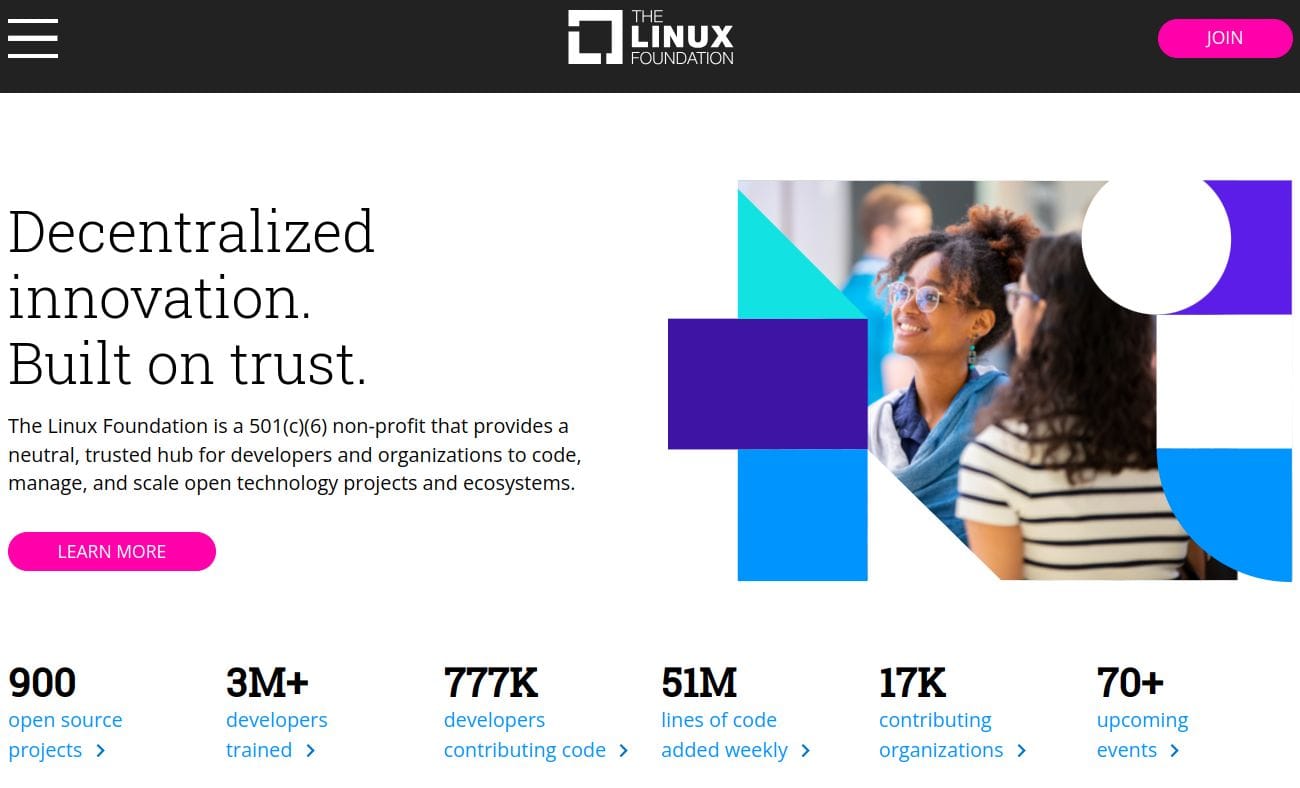
The Linux Foundation is a well-known name in the FOSS space thanks to their involvement in supporting many open-source projects (about 900 of them), providing training to developers, and in general, fostering a global community of developers.
As expected, they have been keeping their eyes on the rapidly expanding field of generative artificial intelligence (GenAI), and the AI models that make it all happen.
They have recently taken a step in that direction to help mold the future of open AI practices in GenAI.
Suggested Read 📖

Linux Foundation ❤️ OMI: What to Expect?

Announced last week, the Open Model Initiative (OMI) is now an official open source foundation hosted under The Linux Foundation. Together, they will work towards advancing open innovation in AI models.
If you didn't know, the OMI was founded by three AI-focused outfits, Invoke, Comfy Org, and Civitai as a community-driven approach to promote the development and adoption of openly licensed AI models for image, video, and audio generation.
The governance for this will be handled by a community-led Steering Committee. Any AI models released under this program will feature open licenses that can't be changed, won't feature deletion clauses, or impose recurring access costs onto users.
Some key priorities of this endeavor include:
- Setting up a governance framework and working groups for fostering collaborative community development.
- Doing a survey to find out what the open-source community wants regarding future model research and training.
- Supporting development of competitive, permissively licensed, and ethical AI models.
- Creation of shared standards to promote model interoperability and standardized metadata practices.
- Working on transparent datasets for training and commencing captioning.
- Introducing an alpha test model for targeted Red Teaming.
- And, finally, the release of an alpha version of the same model, complete with fine-tuning scripts, by the end of 2024.
The OMI doesn't have an official website yet, but you can visit its GitHub repo or its Discord server to learn more about it.
During the announcement, Executive Director of The Linux Foundation, Jim Zemlin, stated that:
The Linux Foundation is deeply committed to fostering open and collaborative development around AI.
With the Open Model Initiative, we are taking a significant step towards making AI accessible and beneficial for everyone, building an environment where creativity and progress in AI can thrive without barriers.
If you ask me, the need for such an initiative was the need of the hour, as organizations and individuals engaged in the development of AI models are increasingly succumbing to the lure of monetary gains.
Things are now dependent on the model creator's whim, one day it would be openly accessible, the next day you are looking down a lengthy paid licensing arrangement you never asked for.
💬 What do you think about this? Will this initiative be fruitful?
- Even the biggest players in the Linux world don't care about desktop Linux users. We do.
- We don't put informational content behind paywall. Your support keeps it open for everyone. Think of it like 'pay it forward'.
- Don't like ads? With the Plus membership, you get an ad-free reading experience.
- When millions of AI-generated content is being published daily, you read and learn from real human Linux users.
- It costs just $2 a month, less than the cost of your favorite burger.
Become a Plus Member today and join over 300 people in supporting our work.











